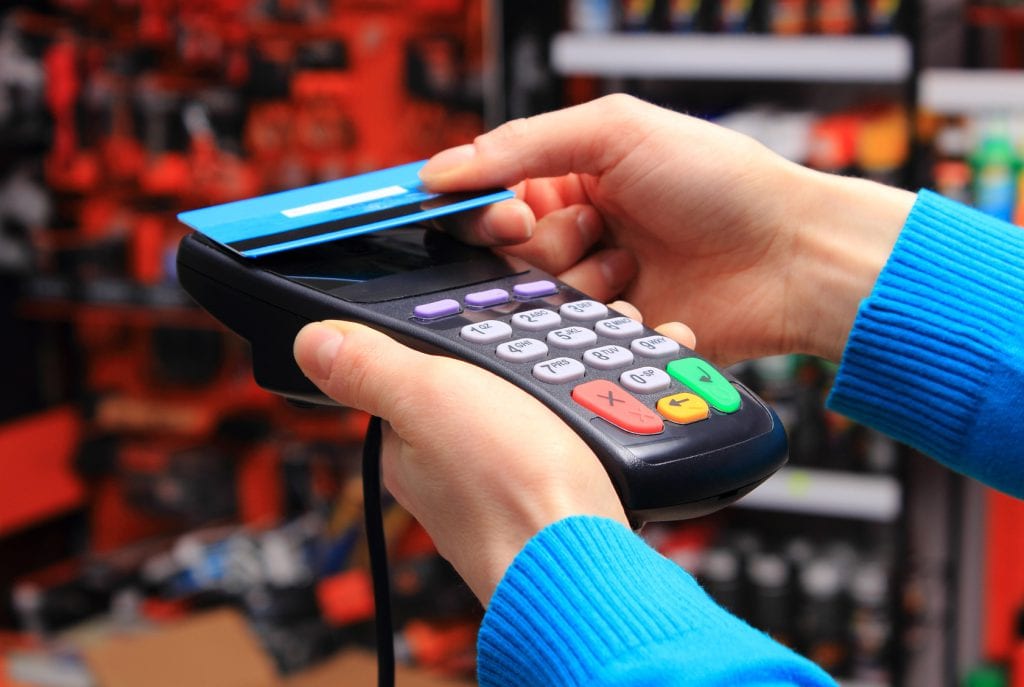Requiring the acceptance of cash may depend on the existence of debt, according to one economist who has been thinking about the cashless economy. In a piece for The Conversation, Jay Zagorsky, an economist at Ohio State University, write about how stores are allowed to refuse cash, as long as they do not create a debt on the part of customers.
Let us say it is very late at night and you need gasoline for your car. Many gas stations in the U.S. do not take large bills late at night to prevent robberies and theft. If the gas station requires customers to pay for gas before pumping it into their car, they have the legal right to refuse US$50 and $100 bills. They do not have to accept large bills because until the customer has put gas into the car, the customer does not owe the station owner anything. However, if the customer is allowed to pump gasoline into the car first and then pay, the owner must accept all types of U.S. bills because the customer has a debt to pay.
Despite this interesting argument, Zagorsky notes that if a business requires its customers to pay first, then no debt is exits and the business can refuse any form of tender as long as there is no state law to the contrary.
However, in analyzing data from the Federal Reseve, Zagorsky points out that the likelihood of shoppers using cash falls with the size of the purchase. This means that while cash is not dead, it is not the king of all payments anymore.
Overview by Ben Jackson, Director, Prepaid Advisory Service at Mercator Advisory Group
Read the full story here
